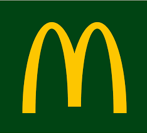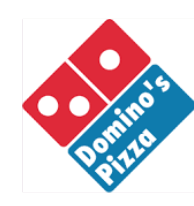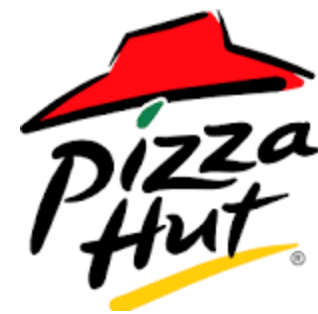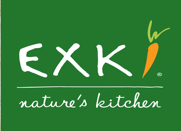Synthèse
The global fast-food market, which has reached a value of $647.7 billion, is expected to expand to almost $932 billion by 2027, with a compound annual growth rate (CAGR) of over 4%, with the breakfast segment expected to see comparable growth. Dominated by large chains such as McDonald's, which, despite a drop in sales during the COVID-19 pandemic, is implementing expansion plans such as opening new restaurants and investing in franchising models, the market is set to grow further.the market is adapting to the shift in consumer preferences towards convenience and health-conscious options. While the pandemic has had an impact on sales and customer numbers, with chains reporting declines of up to 90%, larger players with more established delivery services and financial reserves have held up better than smaller independents.
There is a visible trend towards healthier options and environmentally-friendly practices, with initiatives to reduce waste and offer balanced alternatives, and a segmentation that indicates a strong presence of international and local Belgian chains, such as Exki, which saw its sales fall by 40% due to the crisis. Regulations in Belgium are strict, with a range of requirements from food safety to environmental considerations. The market represents a significant part of the Belgian economy, with estimates putting its value at between 3.8 and 5.7 billion euros, and the number of fast-food restaurants has increased by 22%. Online sales and delivery services are also on the rise, with platforms such as TakeAway.com seeing a significant increase in partnerships with restaurants.
The Belgian fast-food market: convenience and emerging trends.
The Belgian fast-food market, a crucial segment of the wider restaurant industry, has undergone a notable shift towards convenience and diversification in response to changing consumer preferences. Representing a significant share of foodservice sales, Belgium's fast-food sector highlights both the growing gravitation towards fast-food solutions and the burgeoning demand for healthier options.
In contrast to the static consumer budget allocated to food and non-alcoholic beverages - which held steady at around 14% - the share of spending devoted to hotels, restaurants and cafés, including fast-food outlets, jumped from 4.9% to 6.6%. This increase underlines Belgians' growing penchant for eating out and consuming prepared meals, despite their overall intention to maintain the current frequency of restaurant visits. The lack of time for lunch breaks - 63% of Belgians spend less than 45 minutes on them, and almost half less than 30 minutes - plays into the fast-food industry's hands. With 75% of the population opting for a restaurant or takeaway lunch at work each week, and placing a high value on fast service, fast-food chains have a ready-made consumer base. So it's no surprise that fast-food giants such as McDonald's remain particularly popular, as they are frequented by almost a quarter of Belgians.
While dinners tend to be longer at home, with two-thirds of people taking more than 30 minutes, the convenience of takeaways continues to appeal, with 25% of Belgians resorting to them at least once a week. These habits offer fast-food chains the opportunity to win market share, not only for lunch, but also for evening meals. Price elasticity and competition are driving restaurateurs to offer meals generally ranging from 6 to 10 euros, although there is a clear trend towards upscale options. Chains like Exki are responding to the demand for balanced diets, attracting customers willing to spend between 10 and 15 euros for healthier meals. This trend towards wellness is reflected in the growing interest in fast food, which promises both speed and nutritional value. The digital frontier is also playing an influential role in shaping modern consumption patterns. Platforms such as TakeAway.com, Uber Eats, Deliveroo and Glovo are expanding their presence, with TakeAway.com alone recording a 146% increase in its restaurant repertoire.
Key players in the fast-food market: Navigating a fast-changing landscape In the dynamic and highly competitive arena of the fast-food market, a diverse range of establishments vie for consumer patronage. Their positioning ranges from world-renowned chains to European fast-food innovators of Belgian origin, each bringing a distinctive offering to the table.
- McDonald's: The giant par excellence The embodiment of the fast-food industry, McDonald's boasts an enormous global presence, including a solid footprint in Belgium. Known for its iconic golden arches, this American chain has combined convenience with a universally appealing menu. Its sustained growth is underpinned by standardized operations that guarantee consistent quality across all franchises, and a strategic focus on drive-ins, delivery and takeaway options, particularly important during the COVID-19 pandemic.
- Burger King: the Whopper business Burger King, with its flagship product, the Whopper, competes fiercely in the hamburger segment. This chain has established itself in the fast-food market by emphasizing flame-grilled flavors and a menu that encourages customers to "do it their their way", promoting a degree of personalization that resonates with a market segment keen on personalized dining experiences.
- KFC: The heritage of Colonel Kentucky Fried Chicken, universally known as KFC, brings the southern charm of crispy fried chicken to the international stage. Offering buckets of its secret chicken recipe, this brand enjoys a loyal following of customers who love its unique blend of herbs and spices. KFC's ability to offer satisfying family meals sets it apart in the fast-food sector. #### Pizza Hut and Domino's: the duel for the pizza crown In the fast-food pizza sector, Pizza Hut and Domino's are the dominant players, each with a solid international network of restaurants. While Pizza Hut attracts customers with its sit-down restaurant atmosphere and diverse menu of doughs and sides, Domino's thrives on its delivery and takeaway prowess, promising hot pizzas delivered quickly to customers' doorsteps.
- Exki: Pioneer of the fast-food concept Belgian-born Exki represents a refreshing chapter in the history of fast food, differentiating itself by its use of healthy, organic ingredients. This European chain appeals to a growing number of consumers who seek the convenience of fast food without compromising on nutritious, sustainable eating practices. Its commitment to fresh, seasonal produce and its waste reduction initiatives demonstrate a progressive approach to fast food.
à la compréhension de ce marché
Détail du contenu
 Informations
Informations
- Nombre de pages : 30 pages
- Format : Version digitale et PDF
- Dernière mise à jour : 04/03/2021
 Sommaire et extraits
Sommaire et extraits
1 Market overview
1.1 Definition and scope of the study
Fast food corresponds to the sale of ready-made meals generally combining speed of service and low prices. Generally, the simplicity of the dishes and the ability to manage a large demand characterizes fast food.
The global market - dominated by large fast food chains such as McDonald's - is expected to grow at a CAGR of over 4% between 2020 and 2027 - driven by emerging countries. Consumption in fast food outlets takes place for all meals of the day, at lunch and dinner, but more recently also at breakfast, a fast growing segment.
The Belgian restaurant industry has undergone many transformations in recent years, notably due to changes in consumer preferences, habits and purchasing decisions, which have strongly influenced the value and growth of the different segments of the food industry. As a result, certain segments, such as fast food, mobile food and food delivery, are gaining in importance. In 2019, one in ten Belgians ate at least twice a week in a fast food restaurant. The big global chains (McDonald's, Burger King, Dominos Pizza) stand alongside independents. The arrival of Exki - a Belgian player - in the 2000s also marked the advent of healthier fast food, sometimes described as fast good.
The Covid crisis has largely affected the restaurant sector, but fast food has been a little more spared, especially the large chains thanks to online sales and the rise of delivery services.
1.2 The global fast food market
The global fast food market reached $***.* billion in **** and is expected to grow rapidly to nearly $*** billion by ****, representing a CAGR of *.*% over the period from **** to ****. Of the total restaurant market, fast food is the segment with the largest market share (***) and the highest CAGR. This growth is mainly driven ...
1.3 The Belgian fast food market
The fast food market is a subset of the restaurant industry as a whole.
The Belgian restaurant market grew by *.*% between **** and ****. Nevertheless, there was a slowdown in growth in **** (***). The market is estimated to be worth €*.** billion in ****.
Sales of restaurants and mobile food services France, **** - ****, € billion Source: ****
The ...
1.4 The impact of the Covid-19 crisis
If the Covid crisis affected all the actors of the restoration, the big chains of fast-food suffered less than the "classic" restaurants for several reasons:
During the confinements, the delivery, the drive-through and the take-away remained possible: but the big chains are more advanced on this field than the independents. The ...
2 Analysis of the demand
2.1 The evolution of the structure of the Belgian budget is favorable to out-of-home catering
Evolution of the expenditure structure of Belgians :
Source: ****
The Horeca sector (***) has seen its relative share increase from *.*% of the total budget in **** to *.*% in ****, indicating that out-of-home catering is becoming increasingly important in the lives of Belgians. At the same time, food products have rather stagnated in terms of budget ...
2.2 Meal habits of Belgians (at work)
A study conducted by Edenred on the ideal meal in several countries gives us some insight into the criteria taken into account when Belgians choose where to eat.
How much time do you spend on your lunch break (***)? Belgium, ****, in % Source: ****
Belgians eat lunch fairly quickly: **% of them eat lunch in ...
2.3 Habits of Belgians for their meals at home
Dinners are generally home-made: **% of Belgians claim to prepare them themselves every day. However, take-away meals are still important, as Belgians use them at least once a week in **% of cases.
What kind of meals at home do Belgians eat? Belgium, ****, in % Source: ****
How much time do you spend on your ...
2.4 Fast food patronage and consumer preferences
McDonald's is by far the most popular fast food chain in Belgium, with almost a quarter of the population claiming to eat there. However, the most striking figure is the share of Belgians who do not eat in any fast food restaurant: *.*%.
It is important to note that here two pillars ...
3 Market structure
3.1 Segmentation and dynamics of actors
A highly competitive market: numerous players covering a fairly broad offer
The fast food sector is divided between independent players and large, often international, chains.The business is still dominated by large groups and networks such as McDonald's, Subway, Yum! Brands (***).
The boundary of fast food is not always clear - ...
3.2 Production analysis
Analysis of meal "production ":
Production in the fast food sector is a major point in the organization of the brands, because the whole market concept is based on the speed of catering. Therefore, operations are standardized to the maximum in order to optimize preparation time. Often the basic ingredients are already ...
3.3 A market divided between large chains and independent players
The number of fast food restaurants has been steadily increasing in Belgium, from ** *** in **** to ** *** in ****, which represents a total increase of **%.
Evolution of the number of fast food restaurants Belgium, **** - ****, in thousands of restaurants Source: ****
There are two main distribution channels used by fast food players.
Indirect channel: the ...
3.4 The massive growth of online sales and delivery services
The battle between fast food brands is now also going online. Given the trend towards at-home snacking, professionals are looking to capture this burgeoning demand. This is being done through the development of online ordering and delivery services and in-store pickup (***).
Number of restaurants available on TakeAway.com Belgium, ****-****, in ...
4 Analysis of the offer
4.1 Types of fast food
There are several subcategories into which the fast food market can be broken down.
The most popular variable to distinguish these fast food categories is the type of food sold, which can essentially be traced back to country of origin.
If the meals covered by fast-foods are often lunches or dinners, ...
4.2 Price analysis
Evolution of consumer prices in Belgian restaurants since ****:
Overall, there has been an increase in prices in the restaurant sector since ****, but this increase is higher in restaurants and cafés (***).
Evolution of consumer prices in the restaurant sector Belgium, **** -****, in index base *** **** Source: ****
The fast-food market is characterized by ...
4.3 Supply trends
Towards healthier food:
Belgian consumers are increasingly sensitive to health and wellness issues, as evidenced by the emergence of new fast food restaurants offering balanced meals. According to Ipsos, **% of Belgians believe that their access to healthy food will improve or remain the same in the coming years. It is therefore ...
5 Regulation
5.1 Current regulations
The hotel and catering industry is highly regulated in Belgium. The main rules are grouped in themes common to the whole sector: Fire safety, Insurance, Indication of prices, Copyrights and similar when broadcasting music or images, Conditions to allow your customers to smoke, Alcohol and similar drinks, VAT - Tariffs - ...
6 Positioning of the actors
6.1 Segmentation of actors
- McDonald's
- Burger King Restauration
- Domino’s Belgium
- Pizza Hut USA
- Exki
- Point Chaud
- Subway
 Liste des graphiques
Liste des graphiques
- Marché mondial de la restauration rapide
- Chiffre d'affaires des restaurants et services de restauration mobile
- A quelle fréquence pensez-vous vous restaurer hors de votre domicile ?
- Combien de temps accordez-vous à votre pause déjeuner (au travail) ?
- Type de déjeuners des Belges lors des jours de travail
Toutes nos études sont disponible en ligne et en PDF
Nous vous proposons de consulter un exemple de notre travail d'étude sur un autre marché !
Dernières actualités
Entreprises citées dans cette étude
Cette étude contient un panorama complet des entreprises du marché avec les derniers chiffres et actualités de chaque entreprise :
 Choisir cette étude c'est :
Choisir cette étude c'est :
Accéder à plus de 35 heures de travail
Nos études sont le résultat de plus de 35 heures de recherches et d'analyses. Utiliser nos études vous permet de consacrer plus de temps et de valeur ajoutée à vos projets.
Profiter de 6 années d'expérience et de plus de 1500 études sectorielles déjà produites
Notre expertise nous permet de produire des études complètes dans tous les secteurs, y compris des marchés de niche ou naissants.
Notre savoir-faire et notre méthodologie nous permet de produire des études avec un rapport qualité-prix unique
Accéder à plusieurs milliers d'articles et données payantes
Businesscoot a accès à l'ensemble de la presse économique payante ainsi qu'à des bases de données exclusives pour réaliser ses études de marché (+ 30 000 articles et sources privées).
Afin d'enrichir nos études, nos analystes utilisent également des indicateurs web (semrush, trends…) pour identifier les tendances sur un marché et les stratégies des entreprises. (Consulter nos sources payantes)
Un accompagnement garanti après votre achat
Une équipe dédiée au service après-vente, pour vous garantir un niveau de satisfaction élevé. (+33) 9 70 46 55 00
Un format digital pensé pour nos utilisateurs
Vous accédez à un PDF mais aussi à une version digitale pensée pour nos clients. Cette version vous permet d’accéder aux sources, aux données au format Excel et aux graphiques. Le contenu de l'étude peut ainsi être facilement récupéré et adapté pour vos supports.
 Nos offres :
Nos offres :
the fast food market | Belgium
- Quels sont les chiffres sur la taille et la croissance du marché ?
- Quels leviers tirent la croissance du marché et leur évolution ?
- Quel est le positionnement des entreprises sur la chaine de valeur ?
- Comment se différencient les entreprises du marché ?
- Données issues de plusieurs dizaines de bases de données
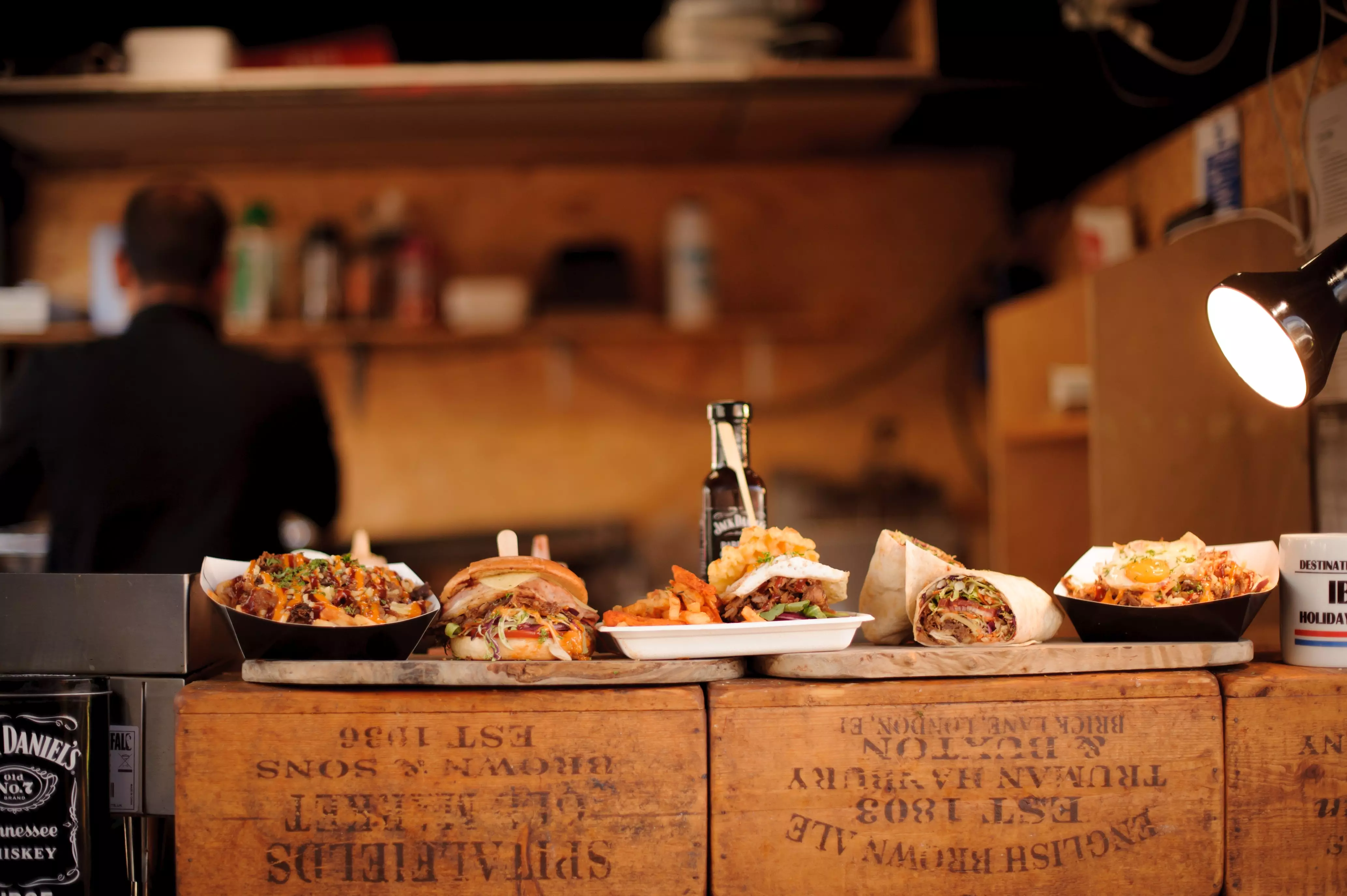




 Les sandwiches Subway passent aux mains de la société d'investissement Roark Capital - 07/09/2023
Les sandwiches Subway passent aux mains de la société d'investissement Roark Capital - 07/09/2023
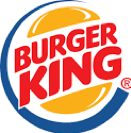 Les fast-foods se préparent à abandonner la vaisselle jetable - 26/11/2022
Les fast-foods se préparent à abandonner la vaisselle jetable - 26/11/2022
